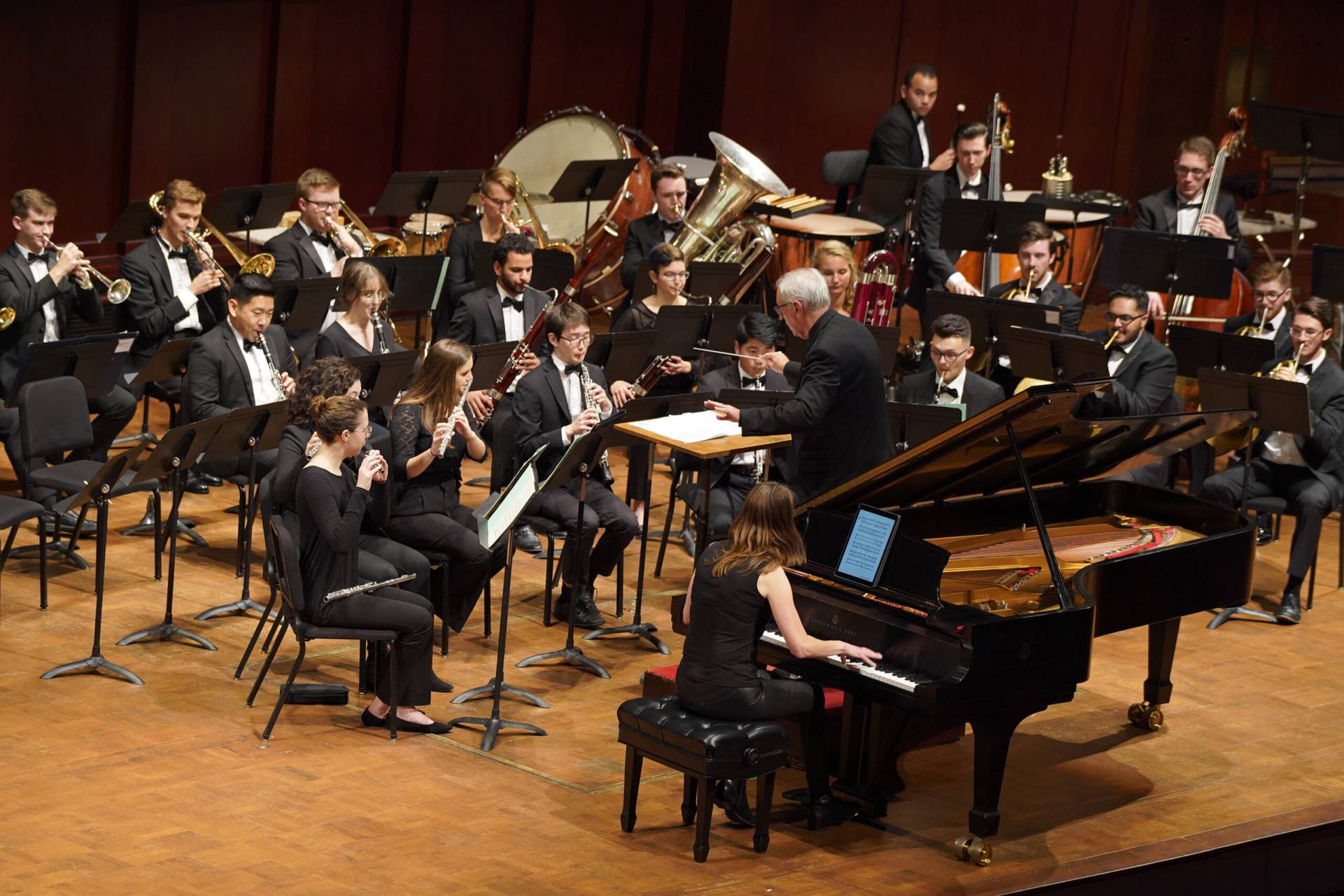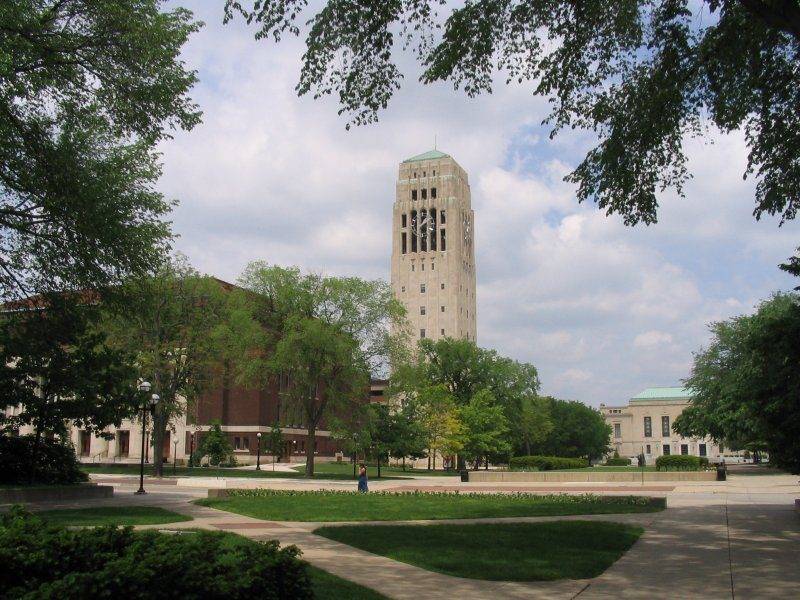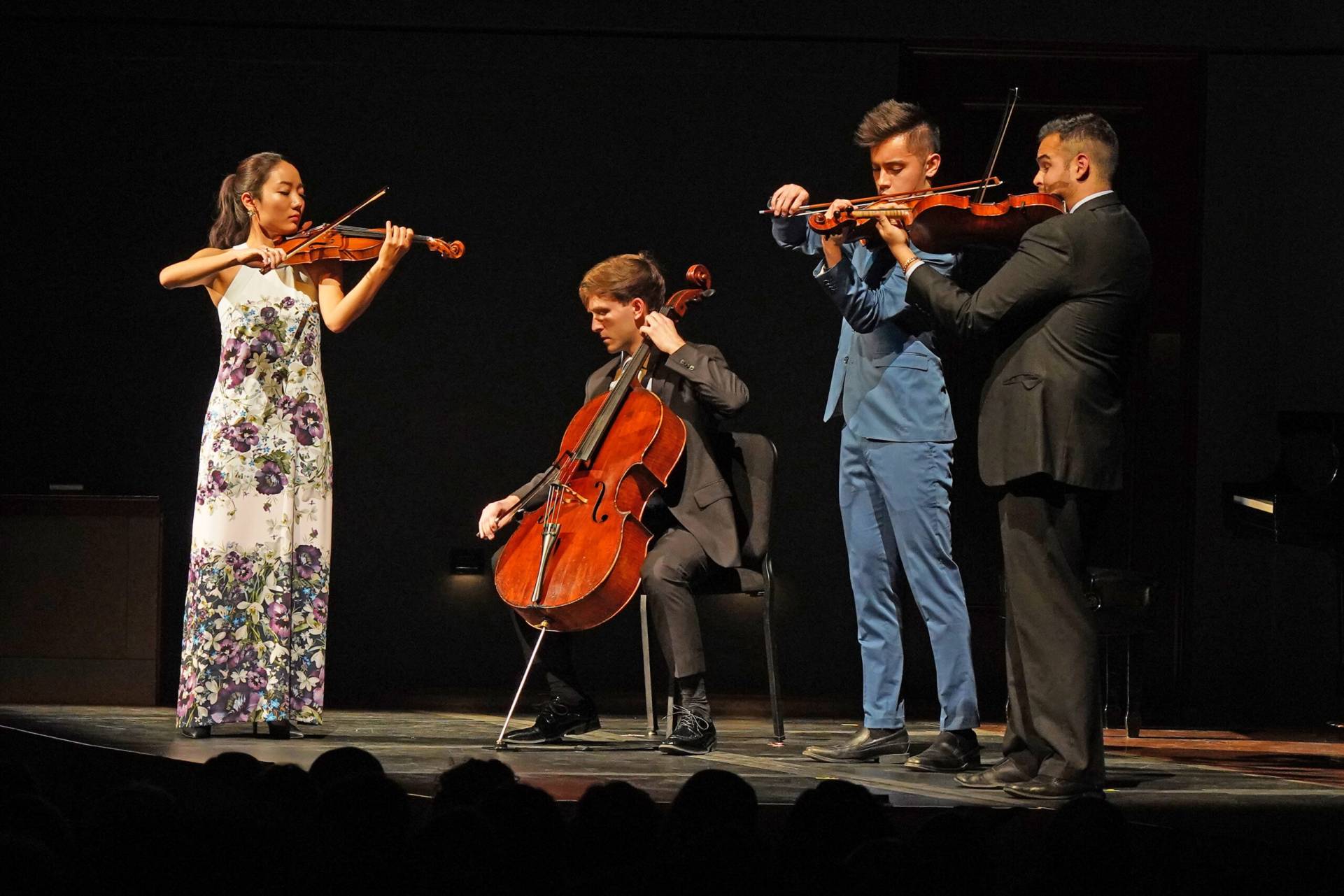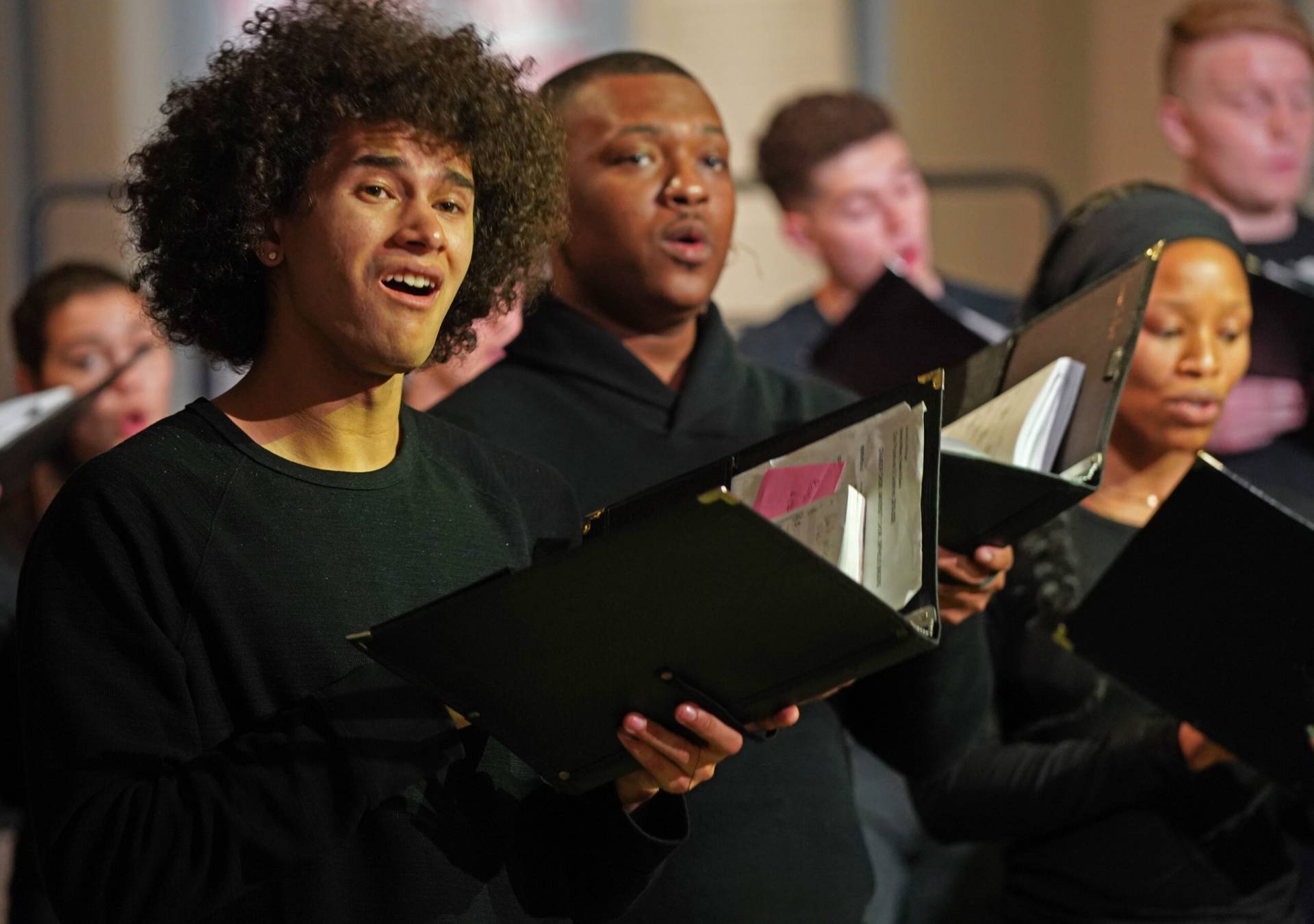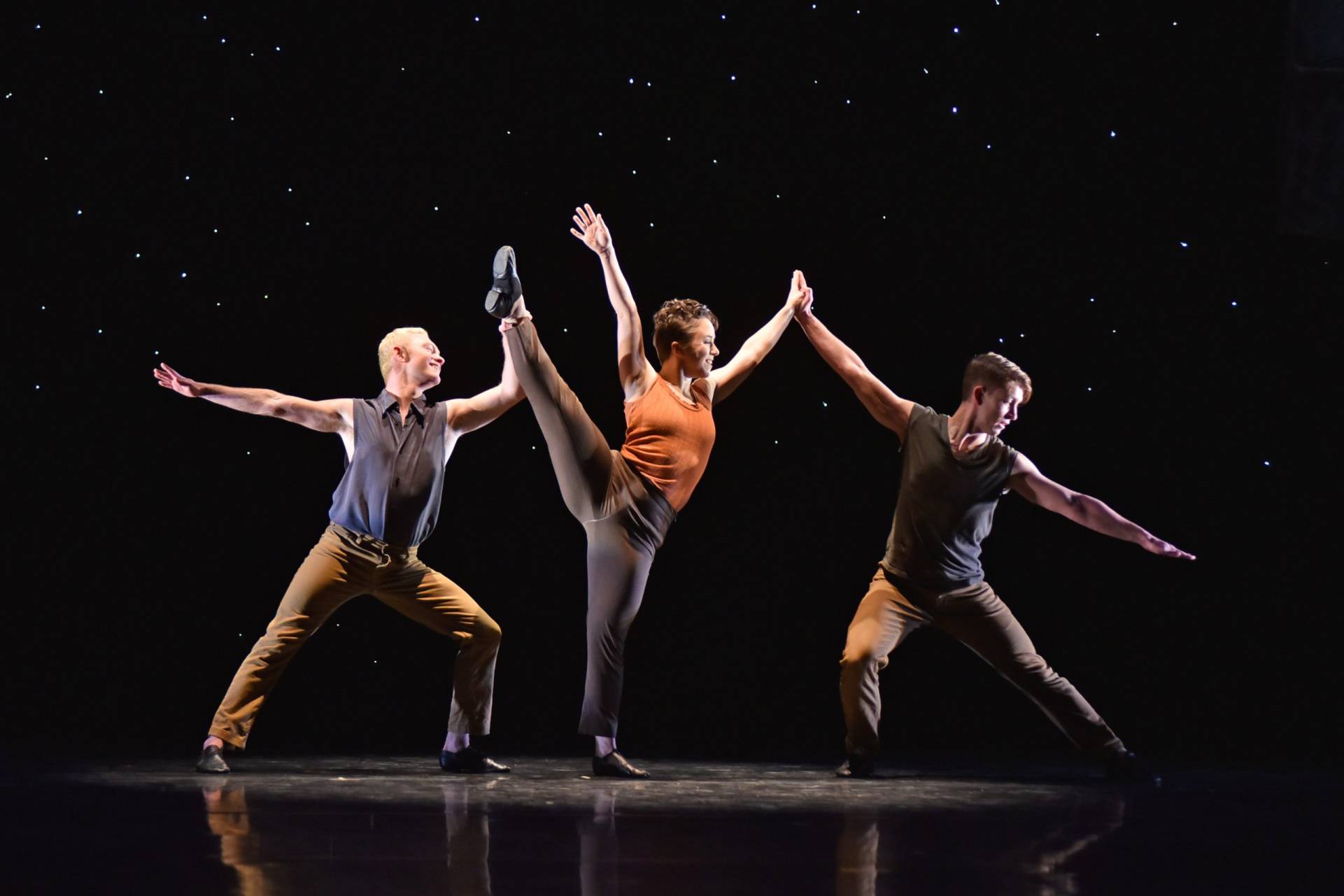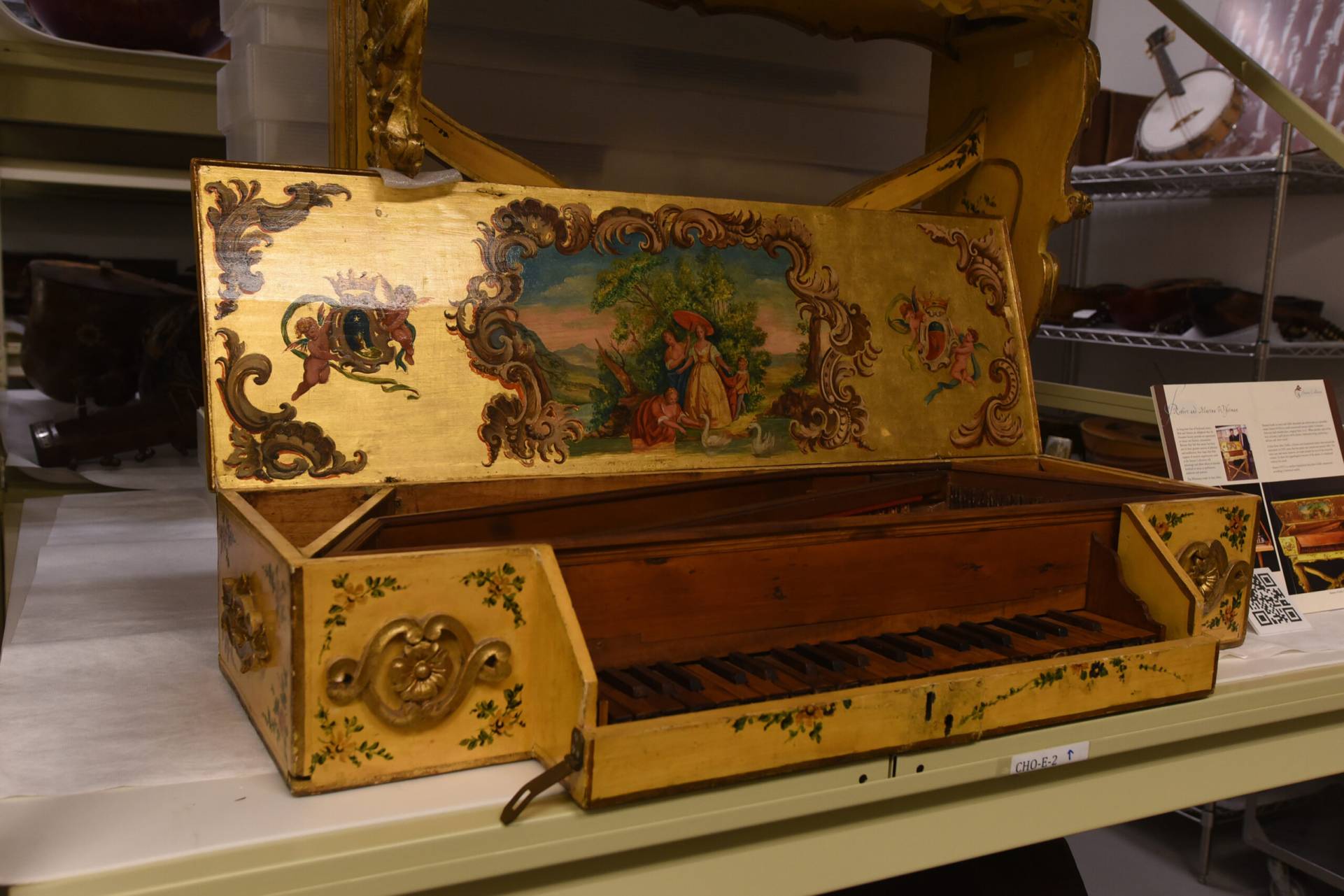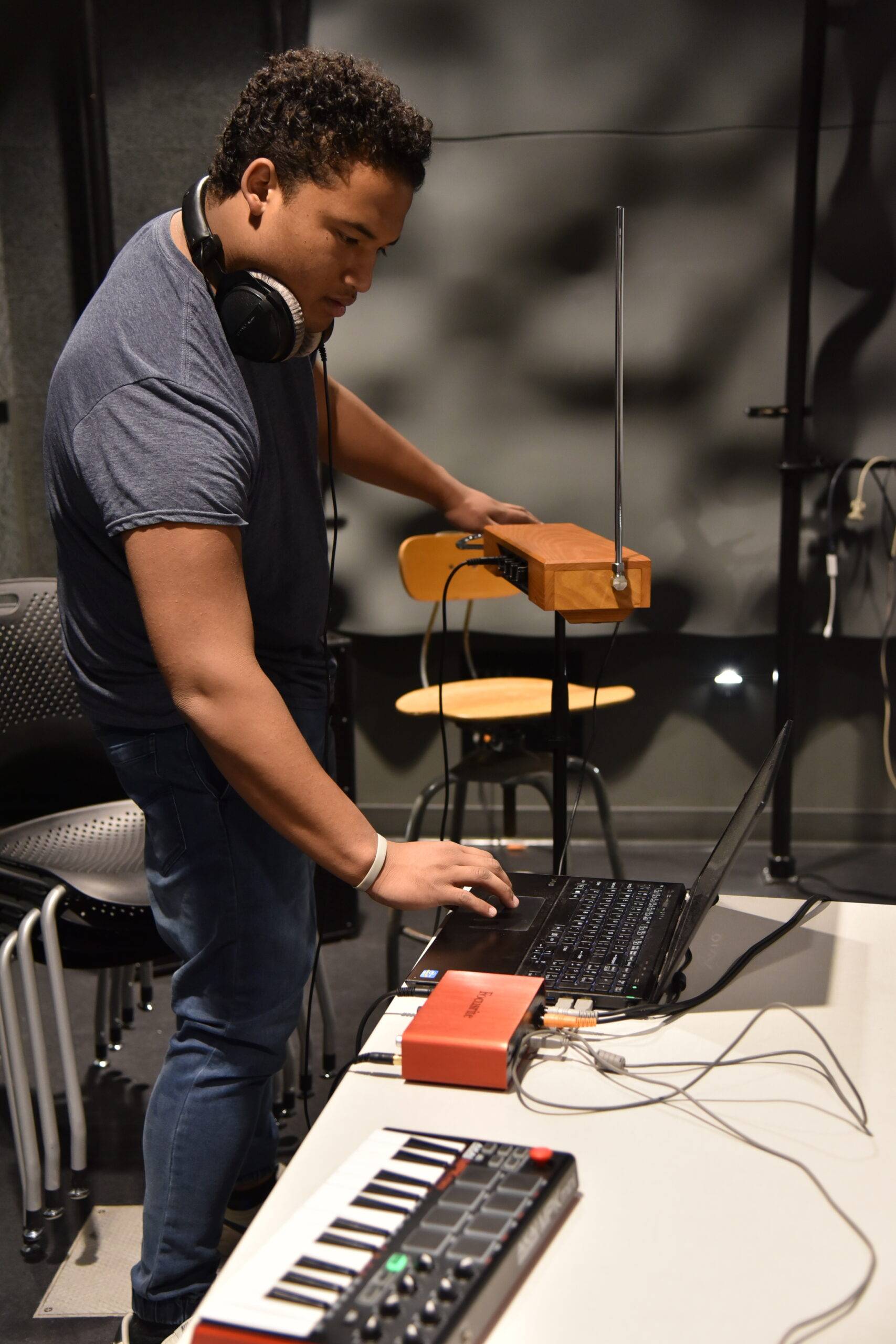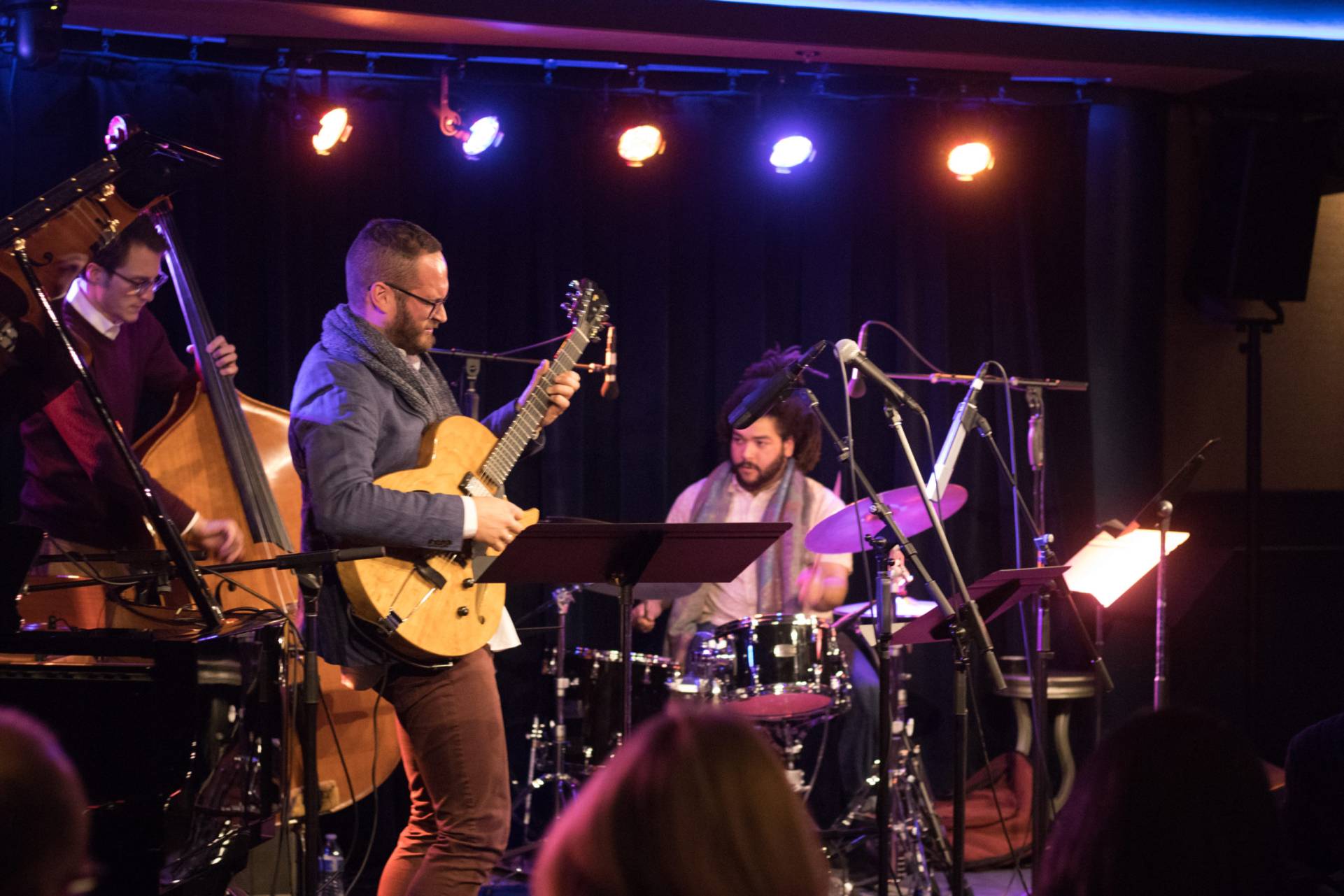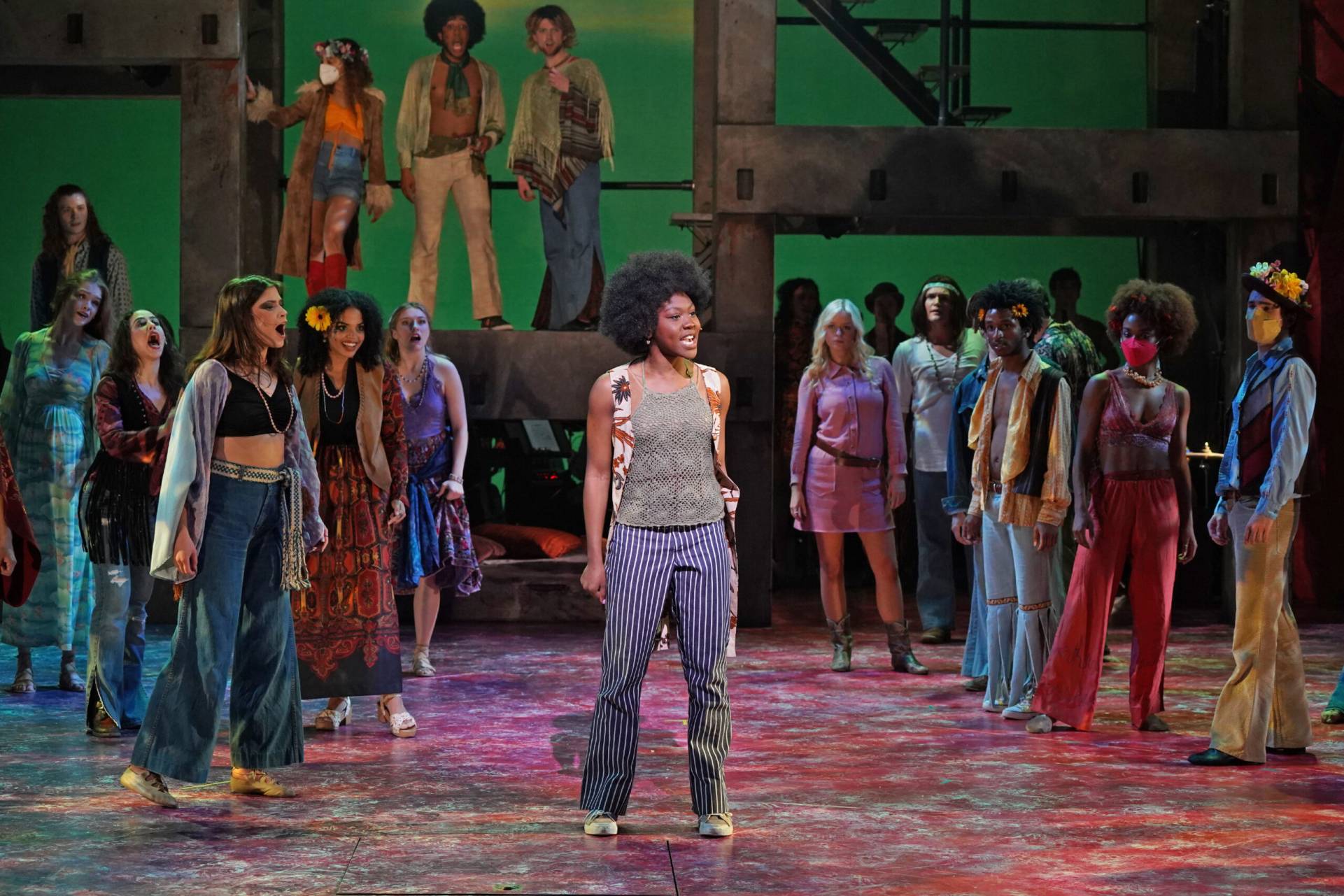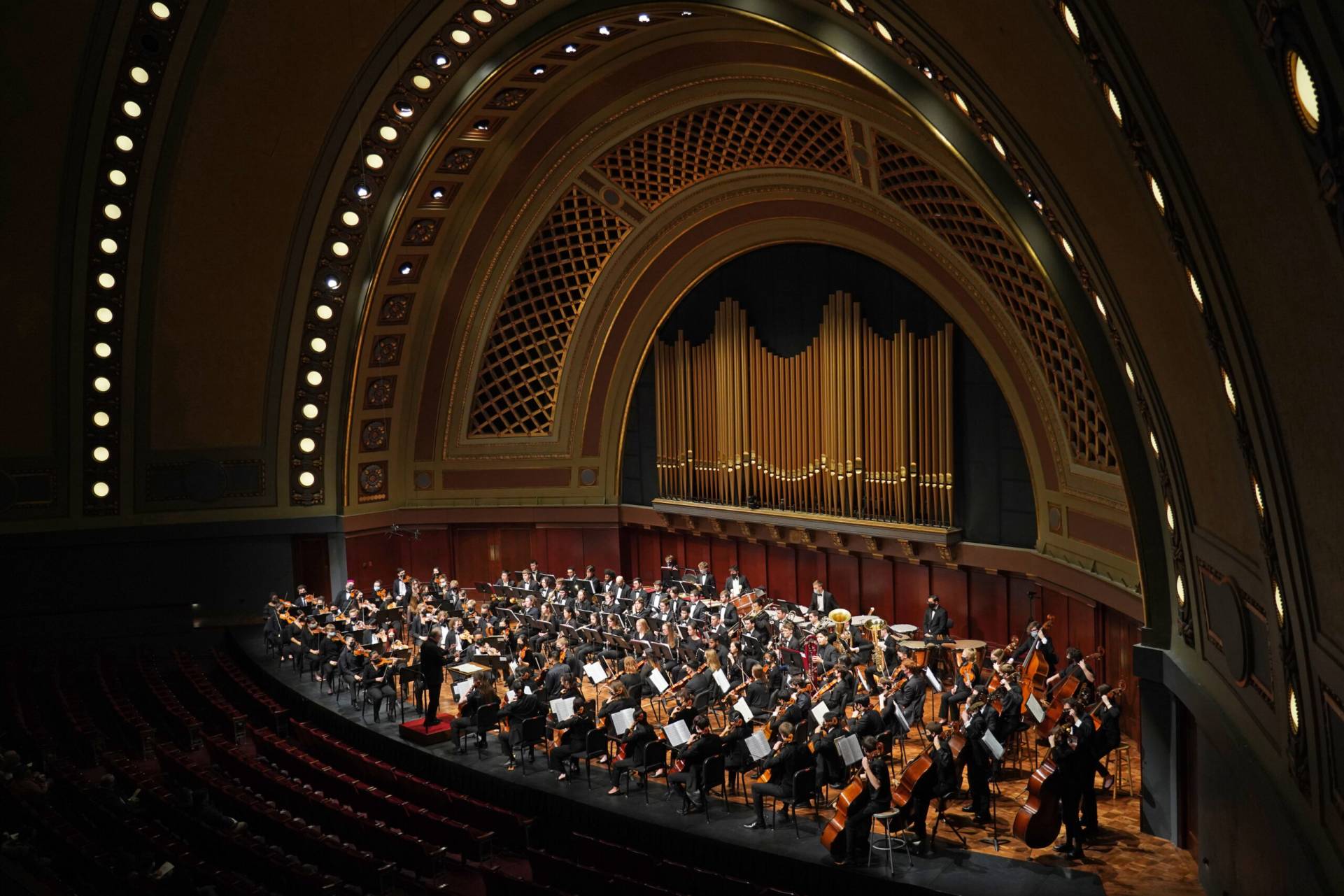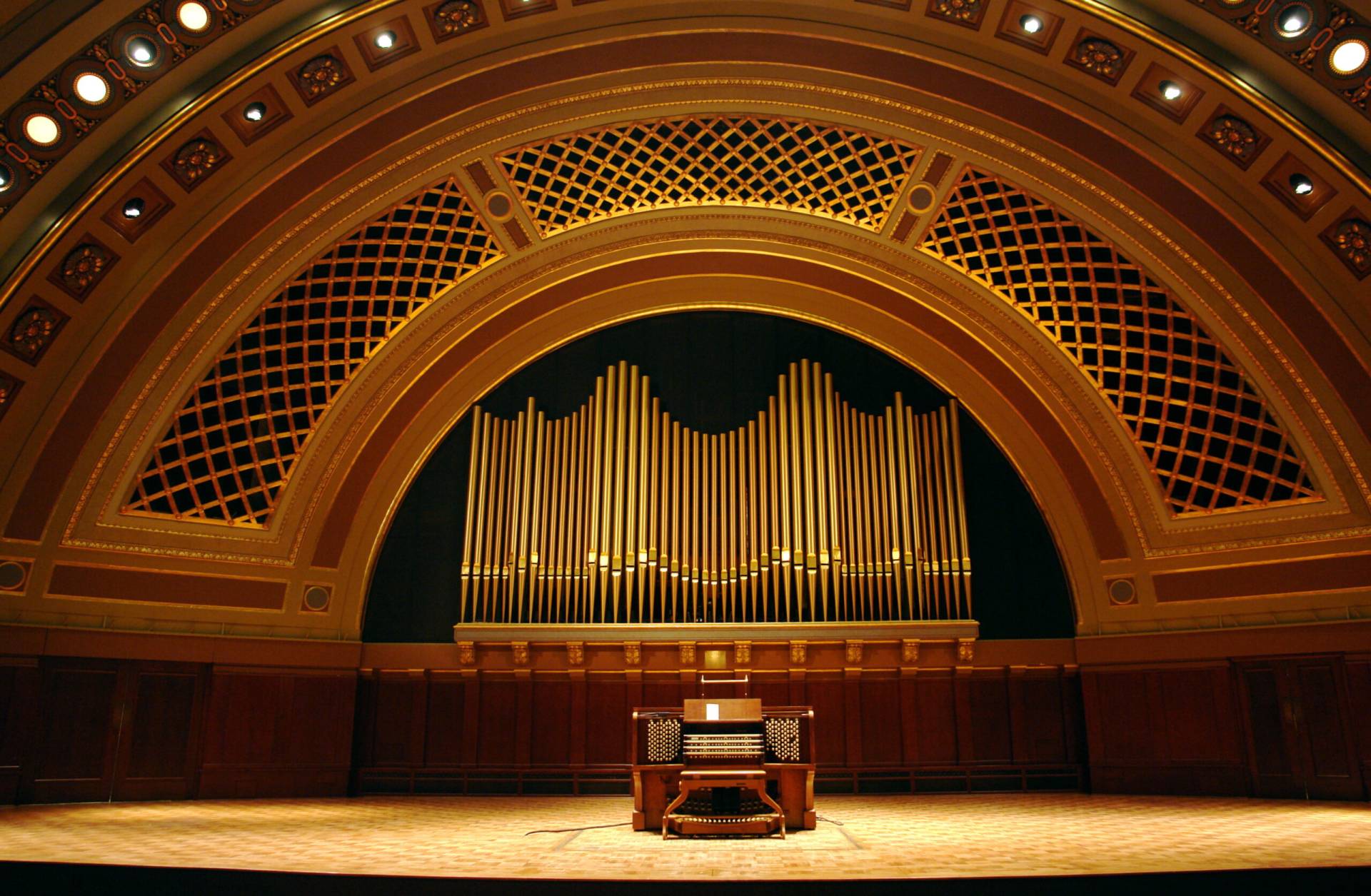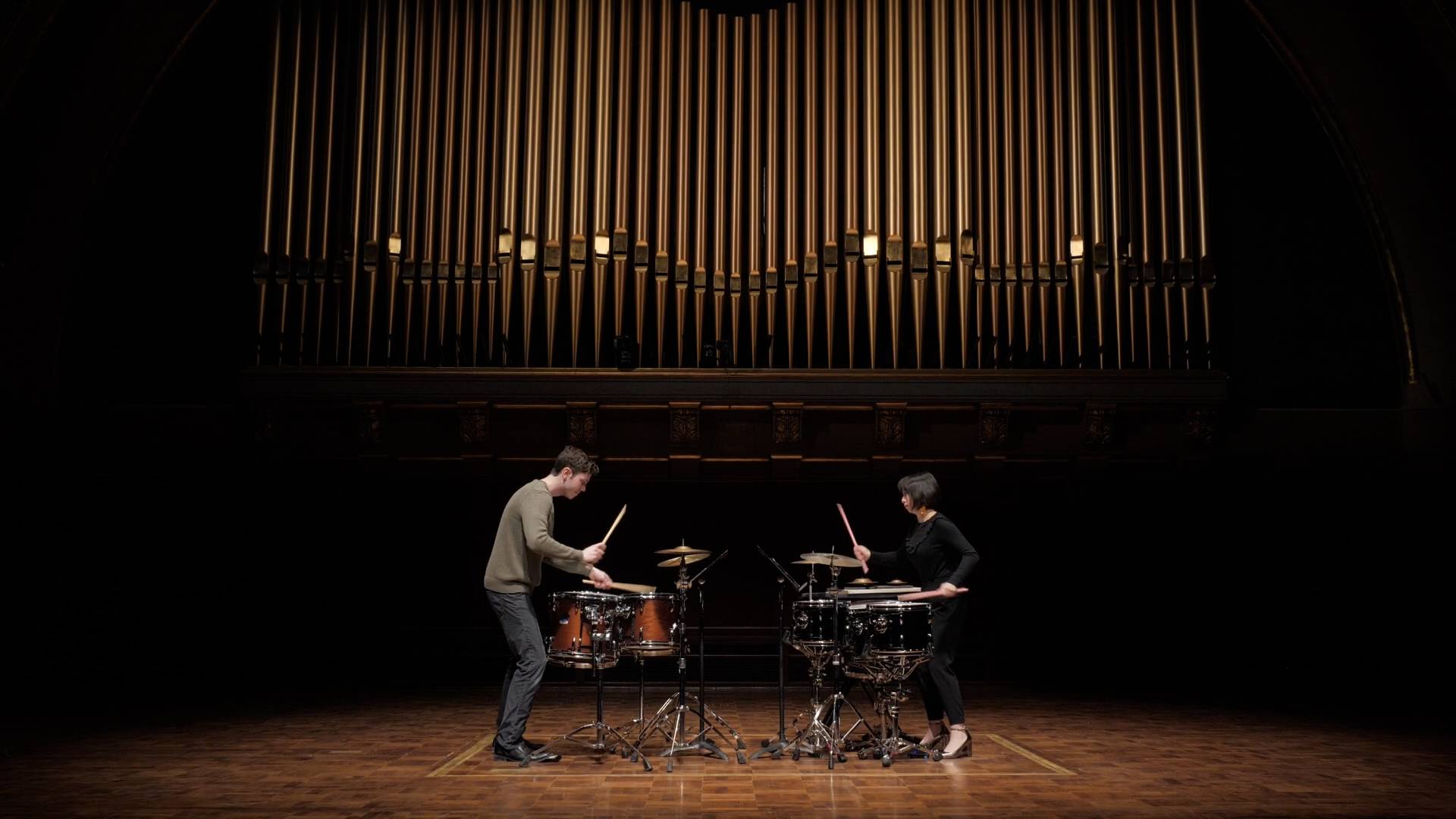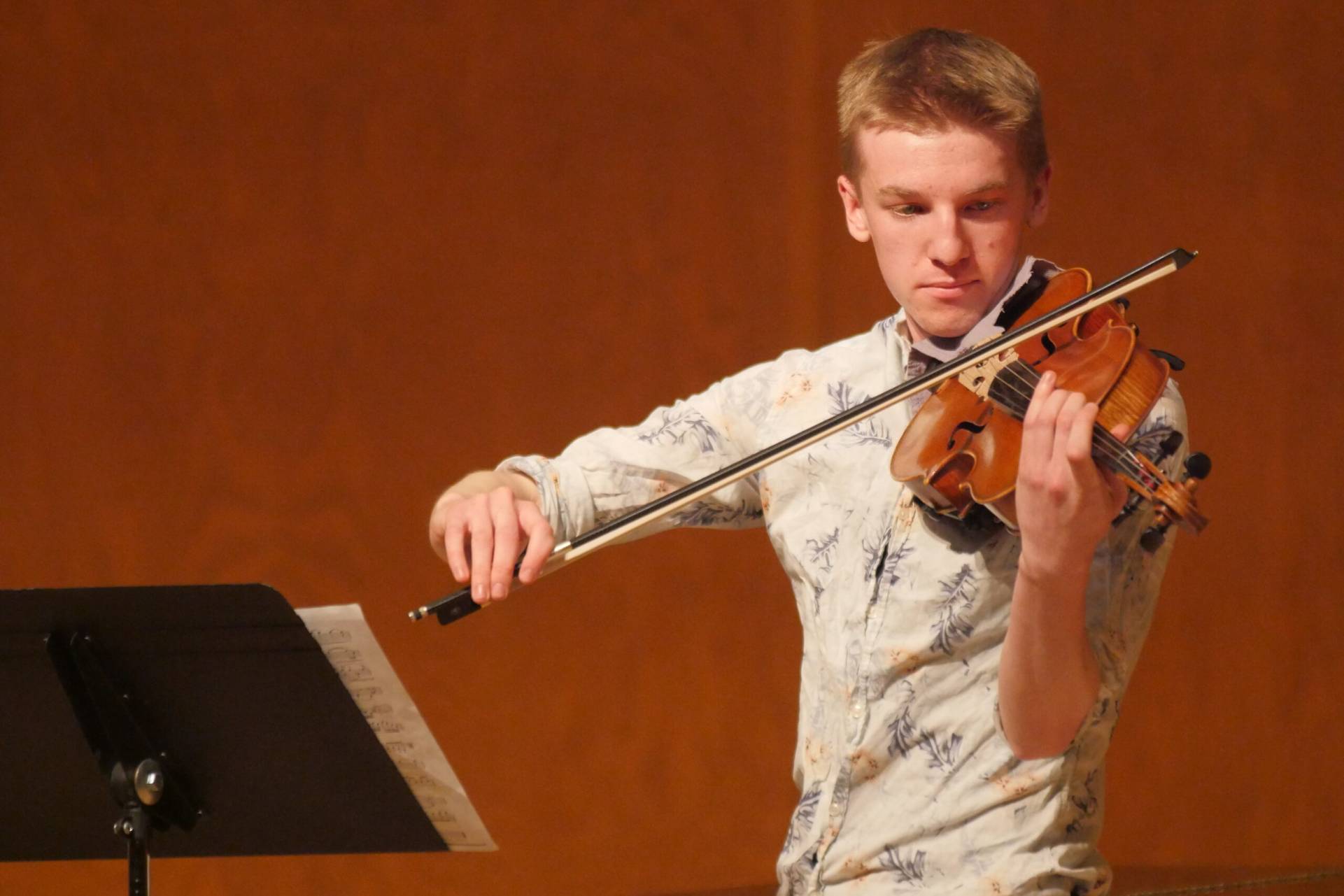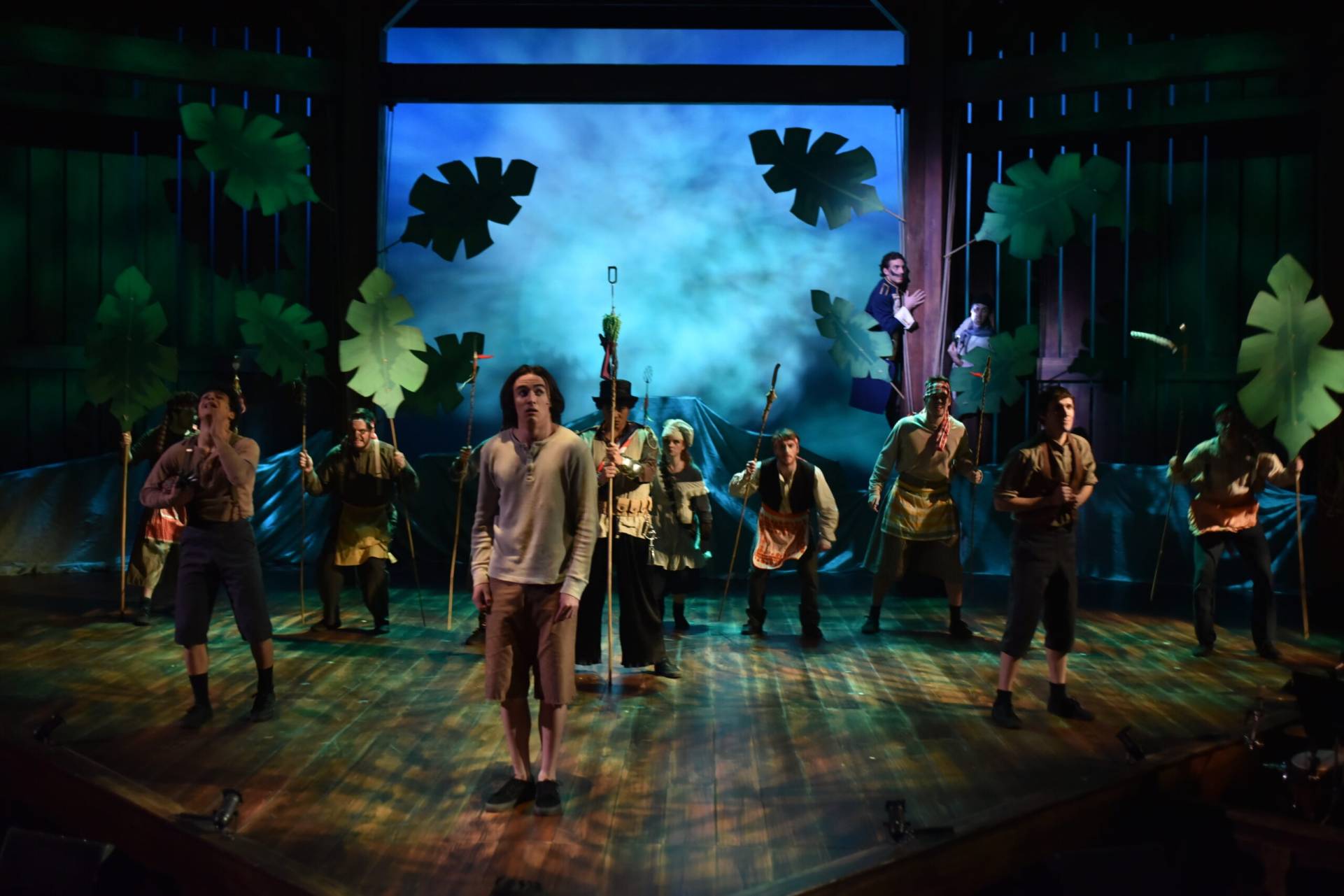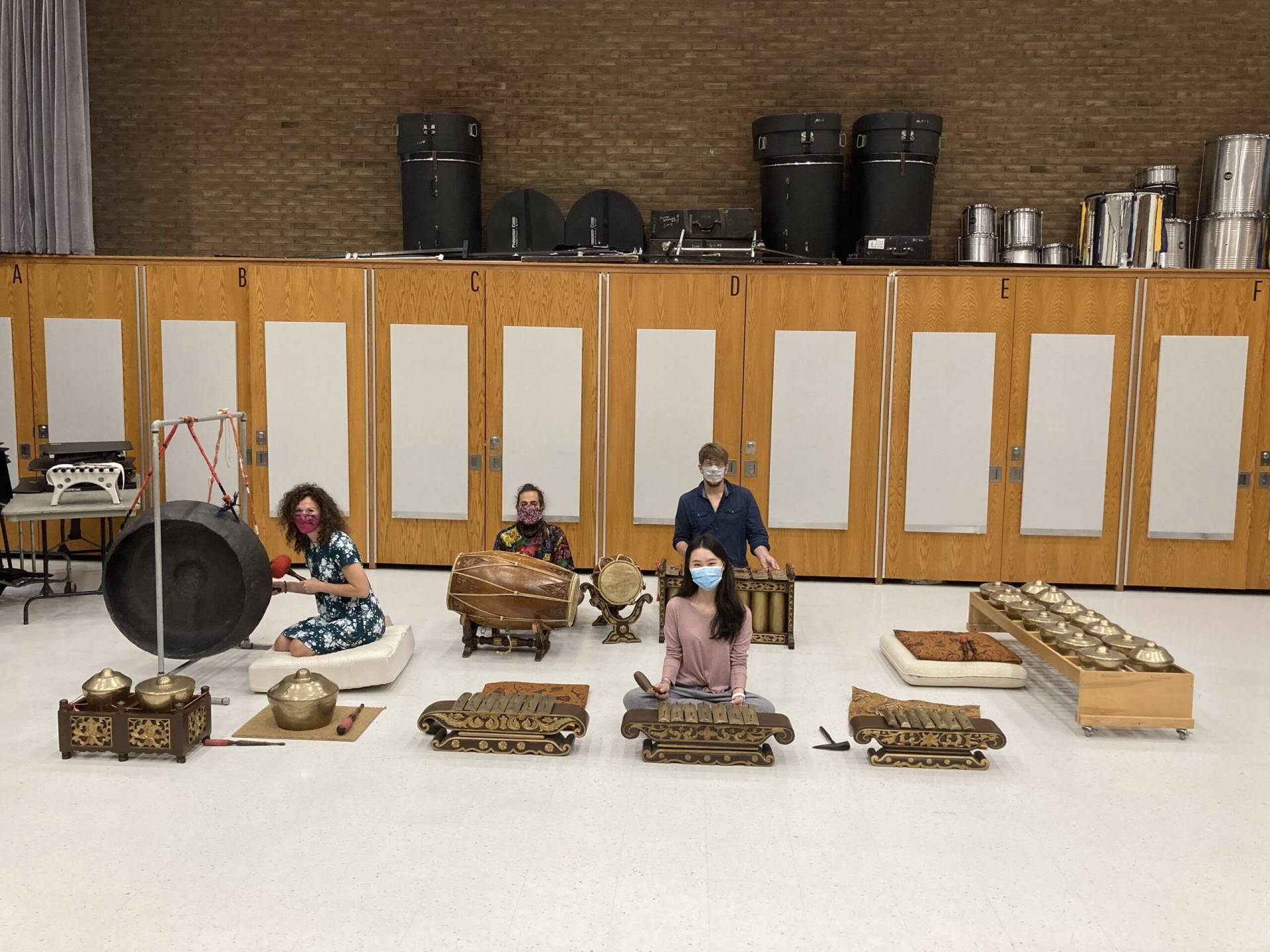Doctor of Philosophy in Composition & Music Theory
This unique joint program leading to the PhD in Composition & Music Theory has been designed to take advantage of the unusual strengths of the U-M School of Music, Theatre & Dance in both Composition and Theory. Designed for students seeking the highest degree in the field, the PhD is a rigorous five-year course of study culminating in a doctoral dissertation.
Curriculum
- Doctoral Studies in Composition
- Advanced Seminar in Composition
- Individual Studies in Music Theory
- Seminar in Music Theory
- Advanced Studies in Electronic Music
- Bibliography of Music
- Musicology & Music Theory electives
Funding
Nearly all PhD students receive full-tuition fellowships. Most also receive health benefits and a stipend attached to a Graduate Student Assistantship, which can vary in proportion to the appointment fraction and the duties associated with it. In addition to the funding packages offered by the SMTD, Rackham students are also eligible to apply for a wide range of fellowships to fund research, travel, and performance.
Residency Requirement
At least one academic year of full-time residence is required.
Faculty
Department of Composition
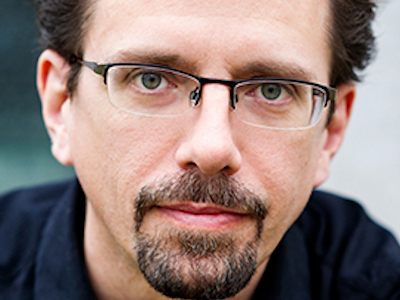
Evan Chambers
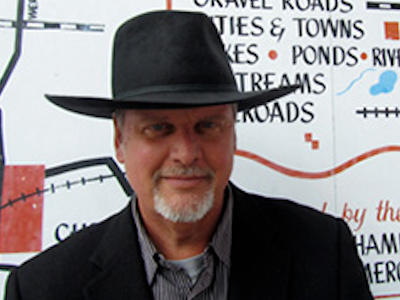
Michael Daugherty
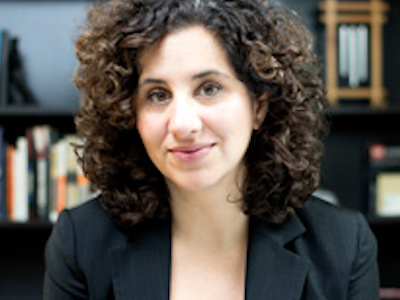
Roshanne Etezady
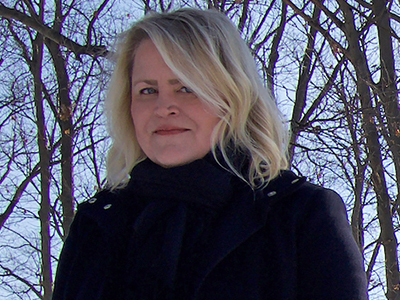
Kristin Kuster
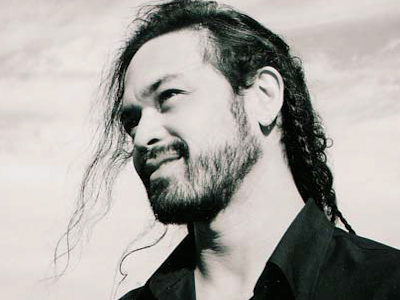
Erik Santos
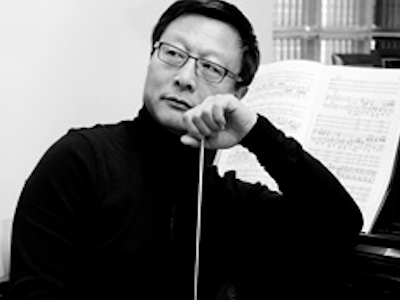
Bright Sheng
Department of Music Theory
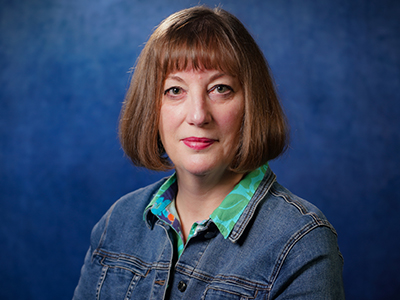
Karen Fournier
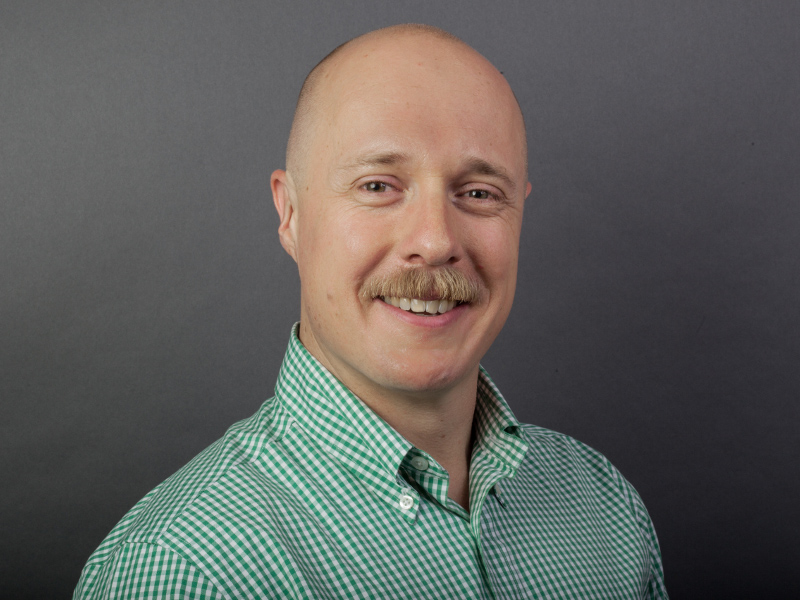
Marc Hannaford
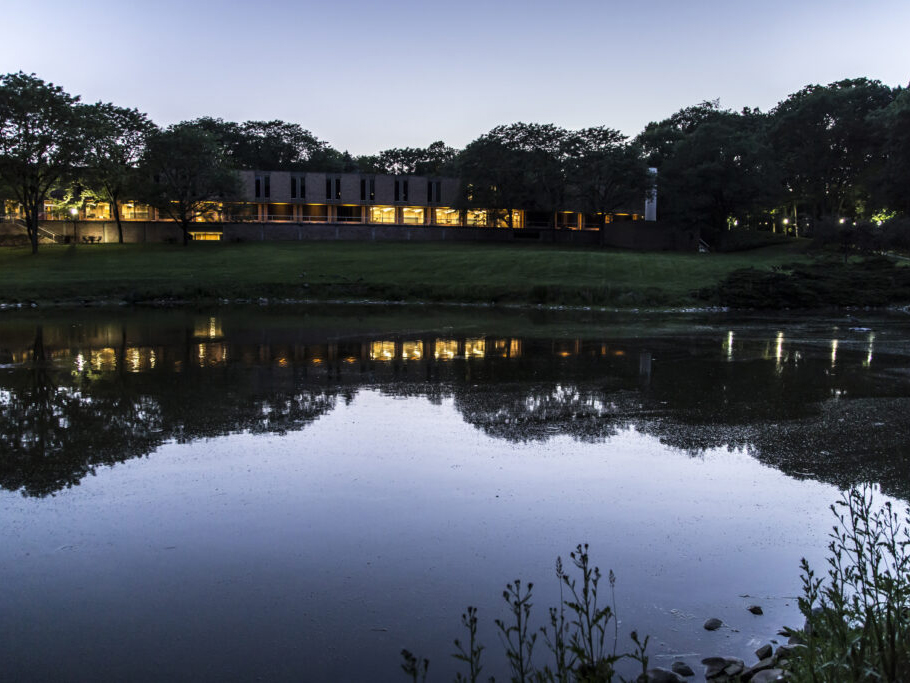
Patrick Harlin
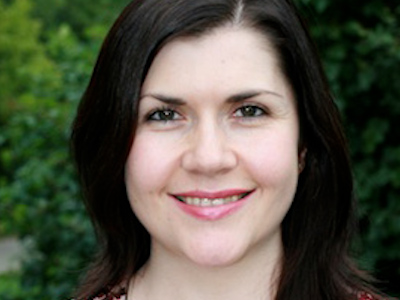
Áine Heneghan
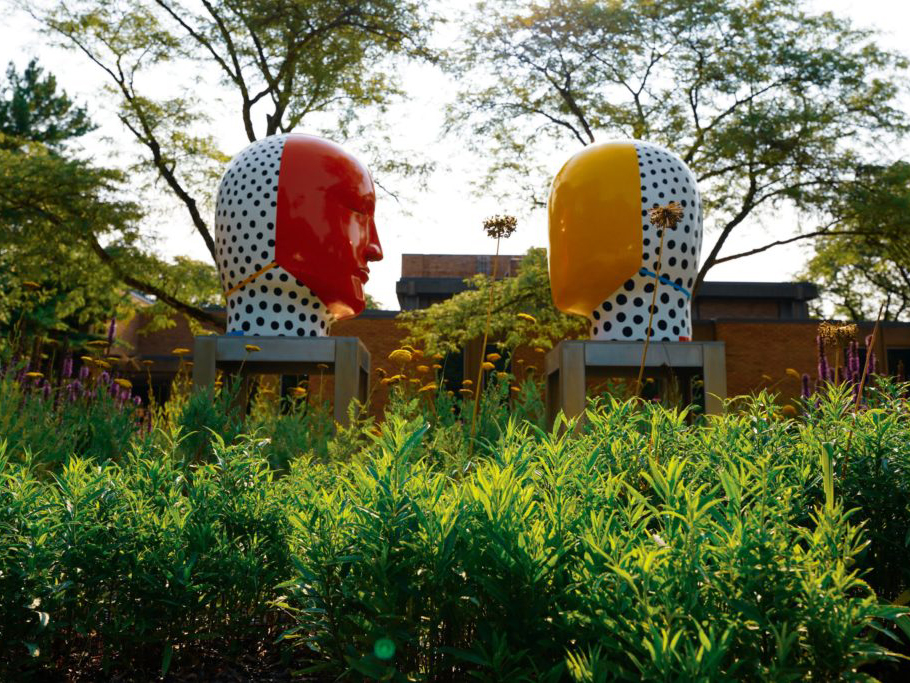
John Knoedler
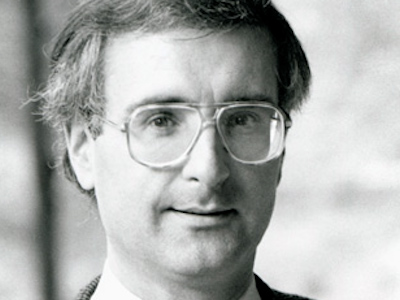
Kevin E. Korsyn
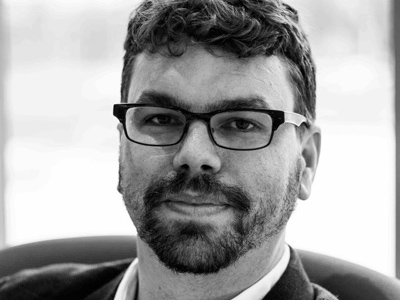
Nathan Martin
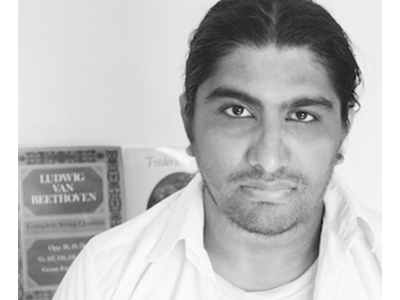
Somangshu Mukherji
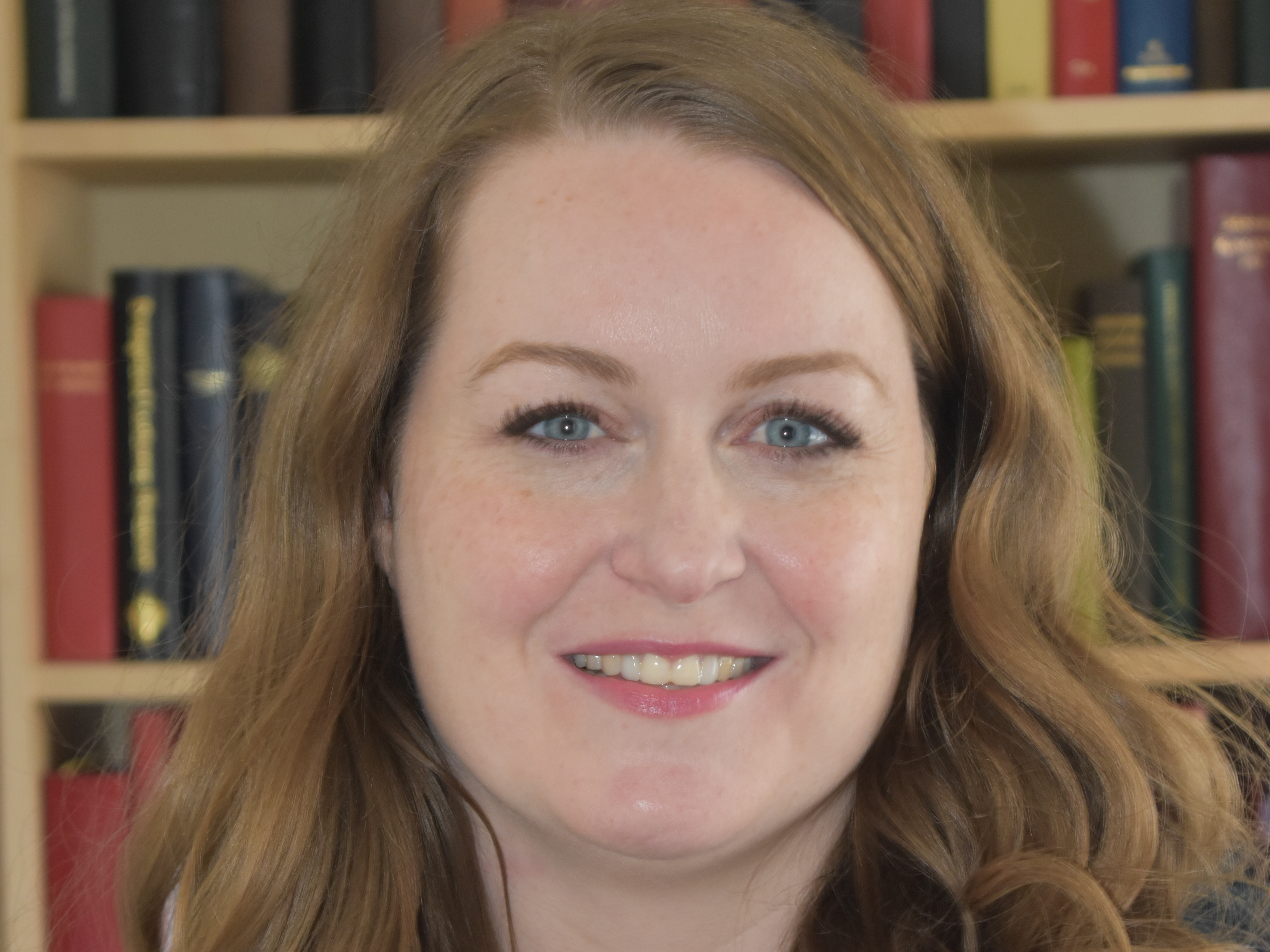
Nancy Murphy
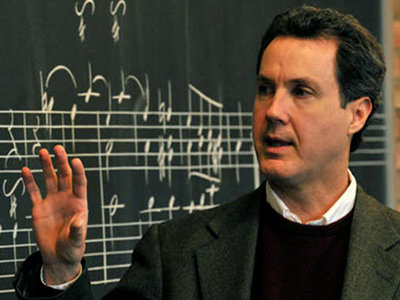
Wayne C. Petty
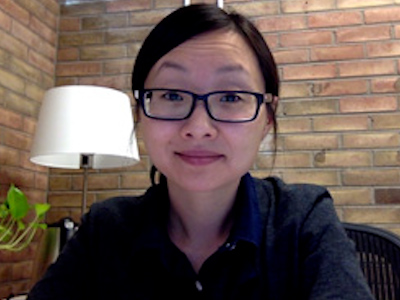
René Rusch

Joshua Tanis
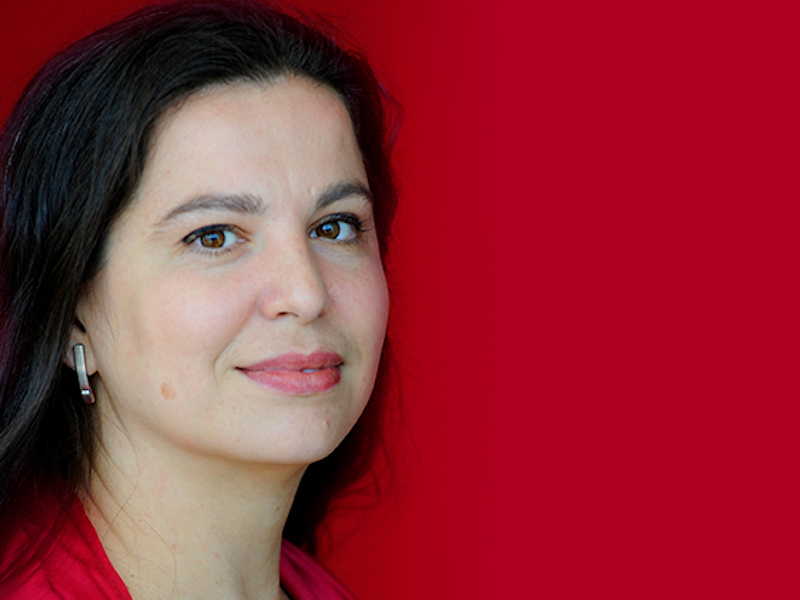
Aleksandra Vojčić
Performance Opportunities
Composition students regularly collaborate with their performer colleagues. Composers in both undergraduate and graduate programs receive premieres of their works at a variety of venues, including the “write HEAR / right NOW” Concert Series, the Midwest Composers Symposium (a forum for student composers from four schools), and concerts by U-M ensembles. Each term, The William Bolcom Residency in Composition hosts renowned guest artists who spend a week on campus, interacting with students and faculty through lessons, workshops, meals, lectures, and performances.
From large ensembles in celebrated concert halls to chamber groups in intimate recital spaces, performance opportunities across all disciplines abound, with nearly 900 student performances each academic year. Whether your focus is on early, classical, or contemporary music, whether your passion is for jazz, electronic, or world music, there is an ensemble—or in many cases, multiple ensembles—to suit your interests, including specific opportunities for percussion, piano, and organ & carillon. For students in theatre & drama, musical theatre, dance, and opera, opportunities abound in both professionally produced and student-run presentations.

